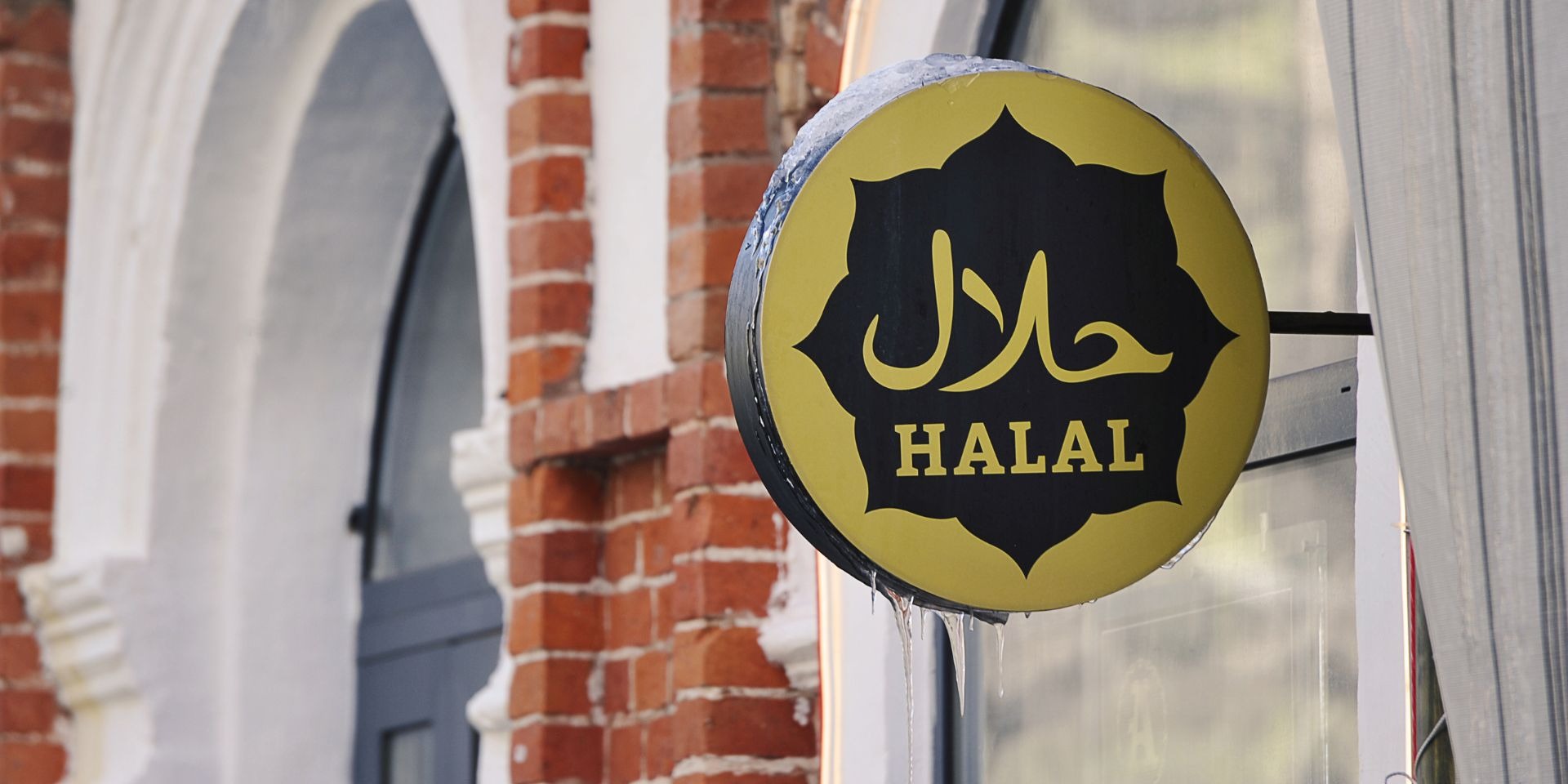The BRICS group has announced the admission of six new countries, in a strategic move to reshape global trade and the economic landscape.
From the beginning of next year, Argentina, Saudi Arabia, Egypt, United Arab Emirates (UAE), Ethiopia, and Iran are to join current members - Brazil, Russia, India, China, and South Africa.
The expansion was heralded during the 15th BRICS summit held in Johannesburg, South Africa, in August.
Chinese President Xi Jinping called the BRICS expansion historic and a new starting point for the bloc's cooperation.
The decision to widen the bloc was premised on the economic potential of the beckoned countries and their strategic importance in the global economy. In addition, new members were seen as aligned with the group's core values of economic cooperation and multilateralism.
UAE President, Sheikh Mohamed bin Zayed Al Nahyan, took to social media site X (formerly Twitter) to share his views. "We respect the vision of the BRICS leadership and appreciate the inclusion of the UAE as a member to this important group," he said.
However, with Muslim-majority nations looking to join the bloc, the expansion raises the question of whether it will wield a transformative influence on the global halal market.
"The joining of these four Muslim countries will open the door to longer-term strategic realignments, which will bolster national economies over the coming decades, including the growing halal industry," Conor Clifford Murphy, partner at DinarStandard, told Salaam Gateway.
The newly admitted members are set to gain access to institutions such as the New Development Bank and the BRICS Contingent Reserves Arrangement (CRA). These resources will be invaluable for providing liquidity, financing developmental projects, cross-border trade, and investments.
Furthermore, according to Murphy, the shift towards using local currencies in trade and financing will help these nations insulate themselves from the macroeconomic instability caused by the U.S. monetary policy.
Key growth areas
The expansion of BRICS is poised to benefit the halal industry, which encompasses halal food, cosmetics, and pharmaceuticals.
"The halal sector is a component of the overall global Islamic economy, which is driven by technological changes and socio-economic changes with benefit as secondary impact to growing levels of FDI and access to a wider pool of liquidity for markets," Murphy told Salaam Gateway.
The accession of Saudi Arabia, UAE, Egypt, and Iran, all with significant Muslim populations, paves the way for stronger economic ties between these nations and other BRICS members, potentially leading to enhanced halal products and services trade.
"This diversification of trade partners reduces long-term economic risks and creates a more stable environment for halal market growth," Murphy expounded.
"The four Muslim-majority countries will benefit in two ways: firstly, enhanced diversification leading to a reduction in long-term economic risks, and secondly, the strengthening of connections with growing economies in Asia and Africa," he added.
Furthermore, Iran, a nation constrained by Western sanctions that limited its international trade in U.S. dollars, stands to benefit significantly from the membership. The bloc’s member countries are increasingly engaging in non-dollar currency trade, which offers new avenues for Iranian halal products to secure international markets.
Lastly, Brazil, which exports halal products to the Gulf Cooperation Council (GCC) countries, including Saudi Arabia and UAE, stands to gain considerably, with potential exports to additional Muslim markets resulting from strengthened economic ties within the group.
Recently, Brazilian food processor BRF formalized a joint venture with the Halal Products Development Company (HPDC), a subsidiary of Saudi Arabia's Public Investment Fund (PIF). This venture aims to bolster the halal meat industry in Saudi Arabia. The country is also seeking to diversify its food product exports to the world's 57 Muslim-majority nations and Islamic communities in other regions.
Broader impact
Beyond trade, the BRICS expansion is likely to foster increased investment and collaboration in research and development within the halal industry among its member nations.
While some major halal industry hubs such as Indonesia and Turkey have not yet joined BRICS Plus, according to Murphy, there is an expectation of heightened tourism between these nations, particularly due to improving relations between Iran and Saudi Arabia.
The admission of these new countries into the BRICS group, Murphy says, is vital for the strategic rebalancing of the global geopolitical landscape, promoting a more multilateral global governance architecture.
"While it may not have an immediate, observable impact on individual consumer preferences for halal products, it is expected to diversify the range of products available from India and China compared to traditional Western, Japanese, and Korean products."
"The four Muslim countries that already have trade relations with BRICS countries may discover new opportunities to expand their product exports to this large consumer market of three billion people," Murphy added.

